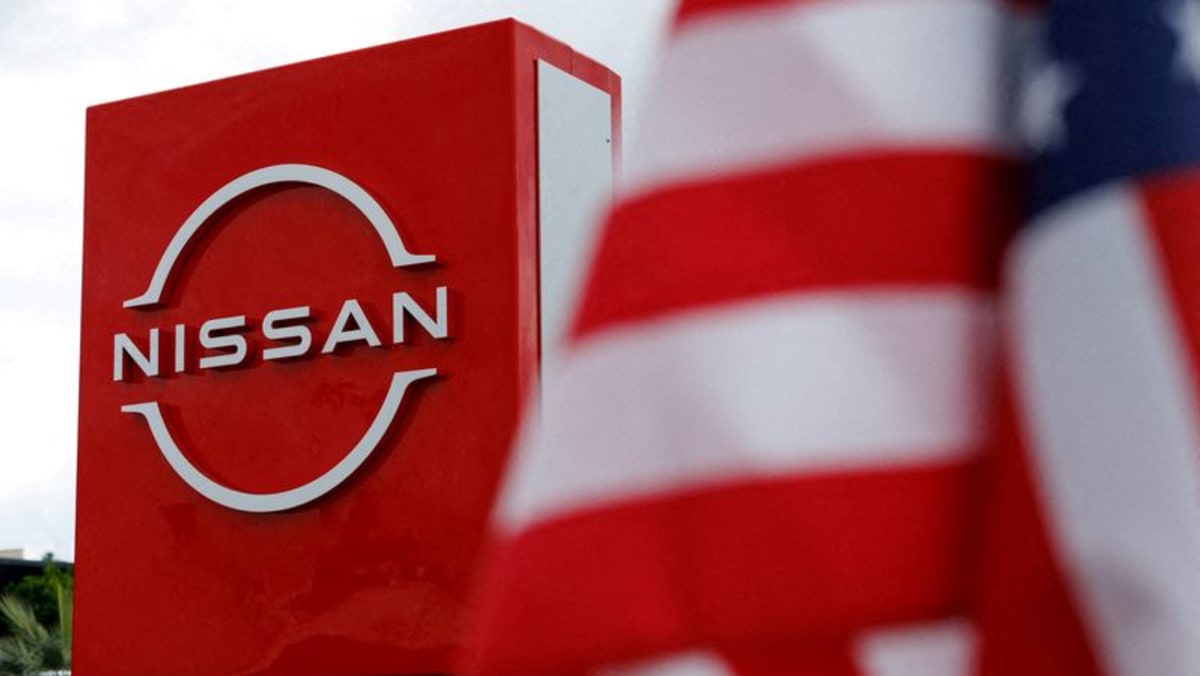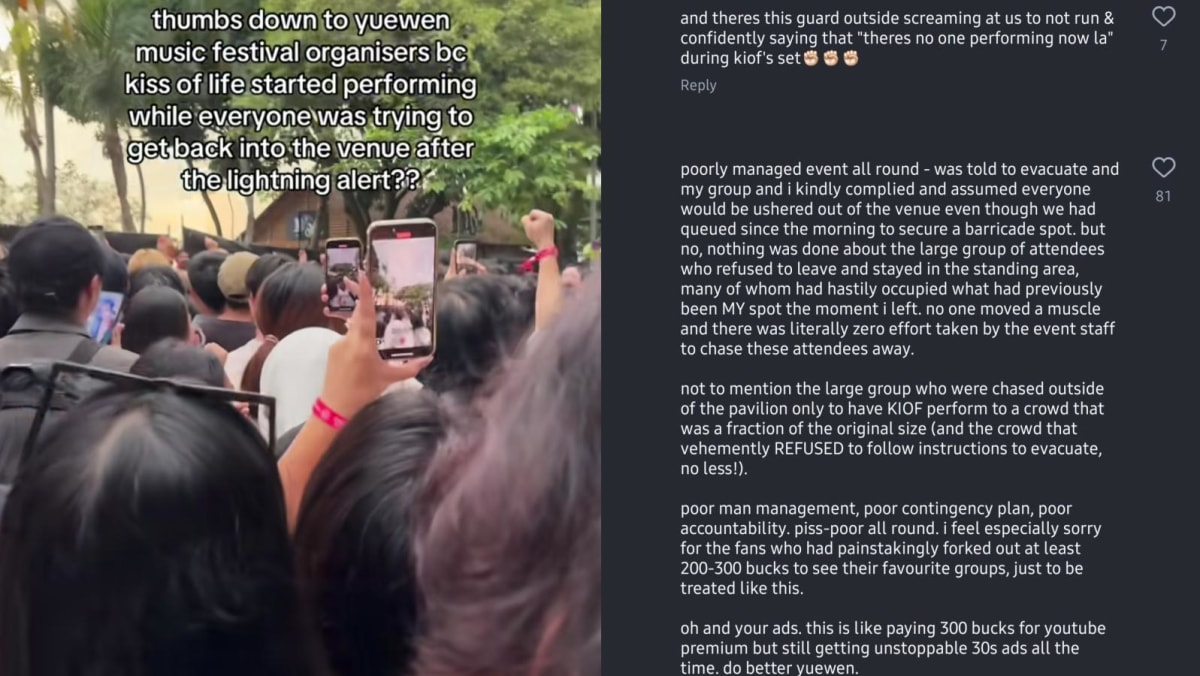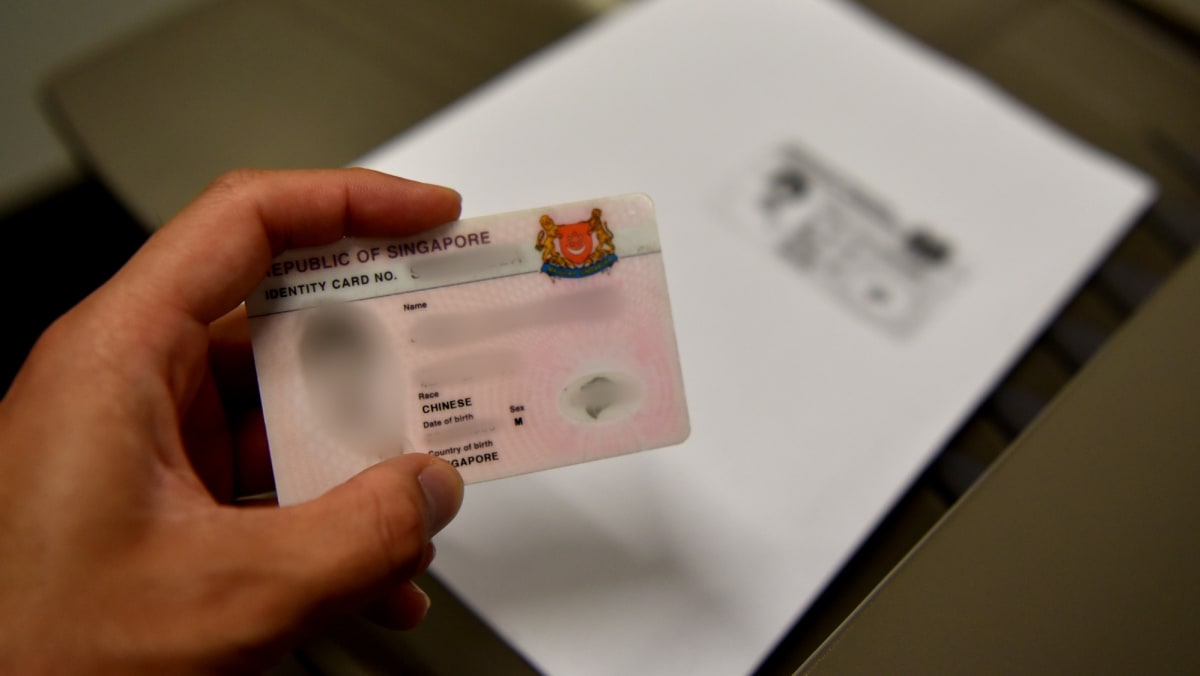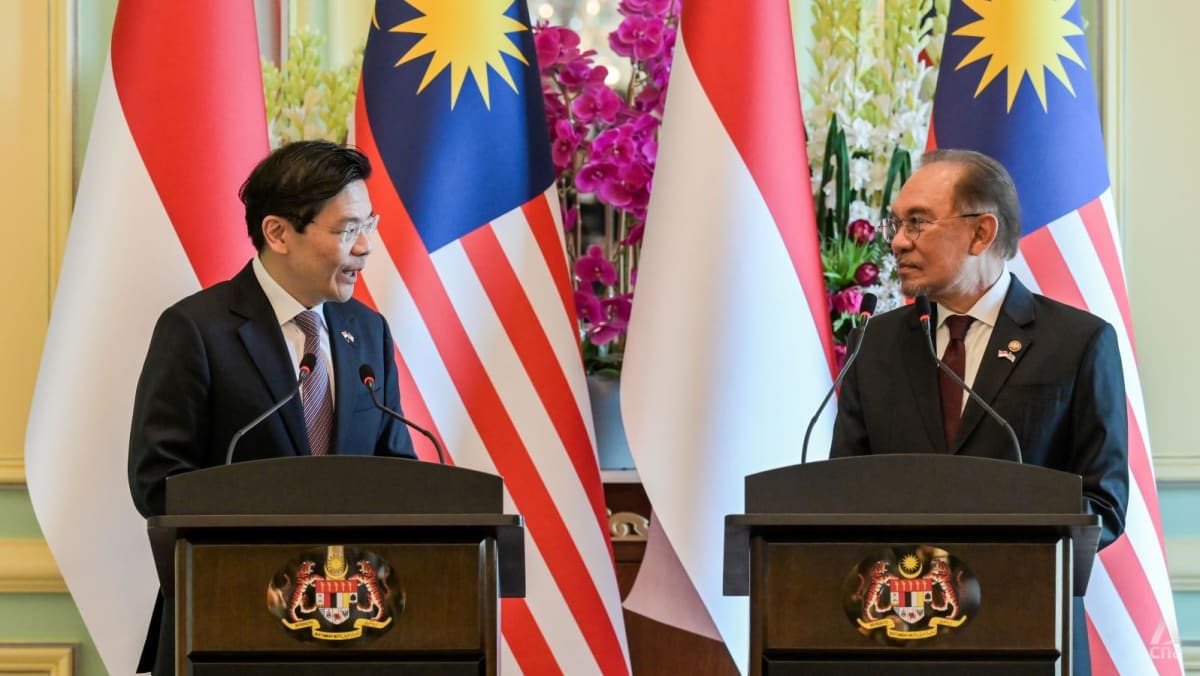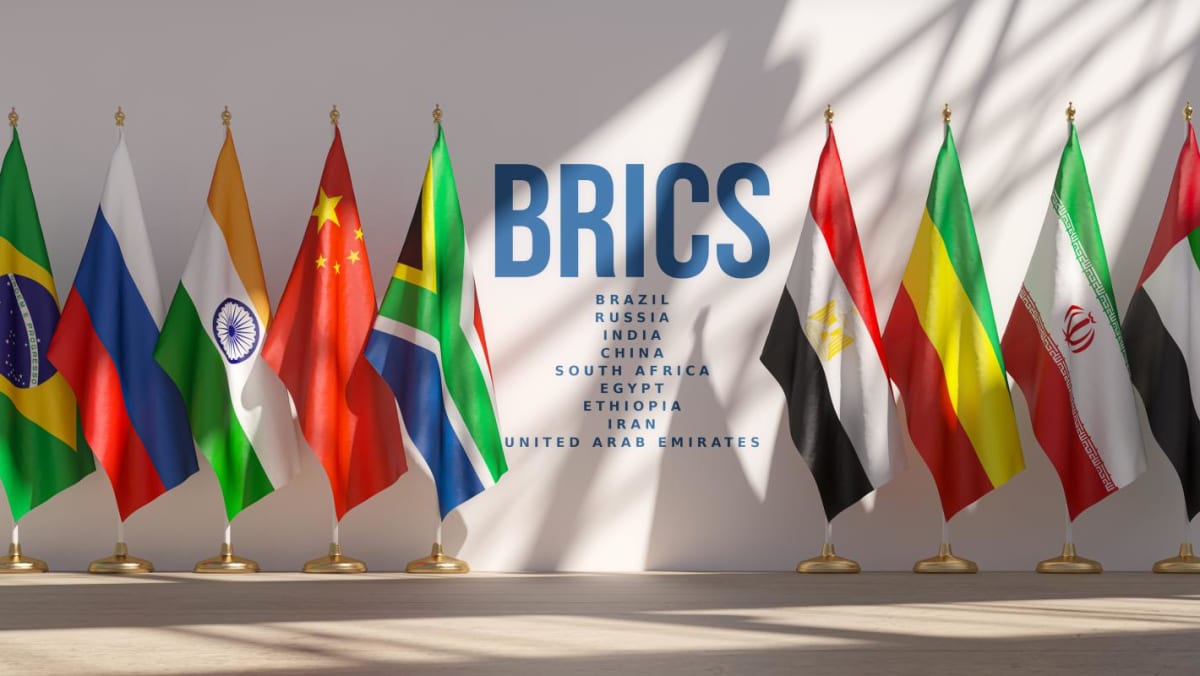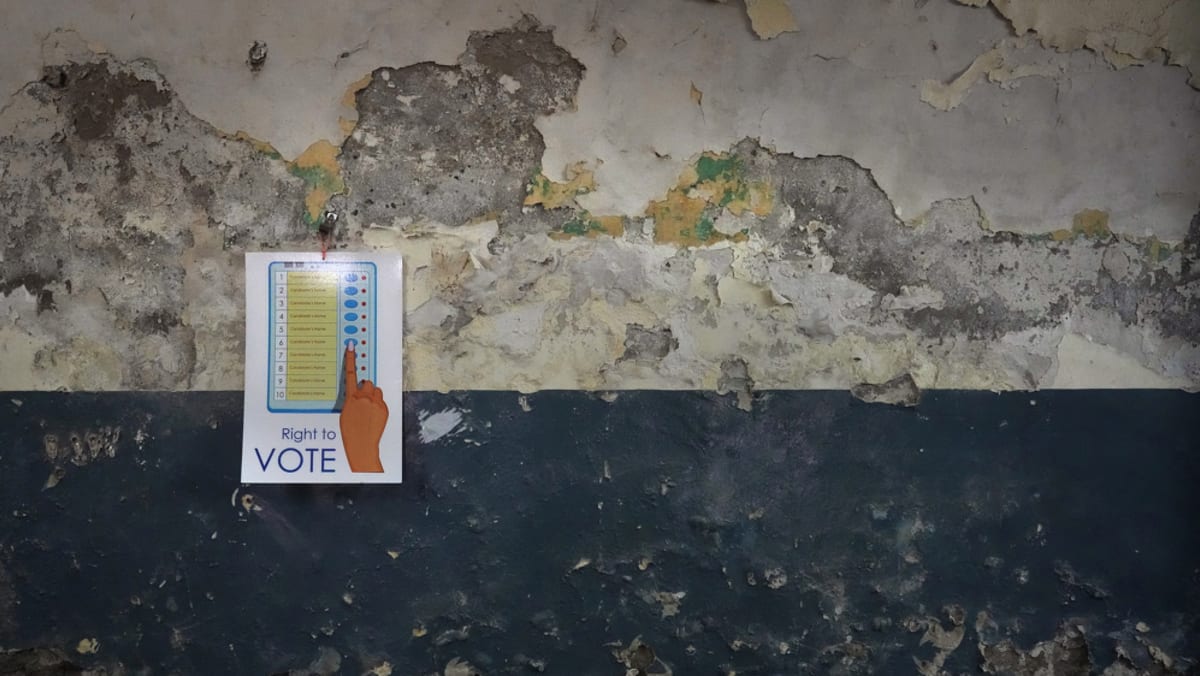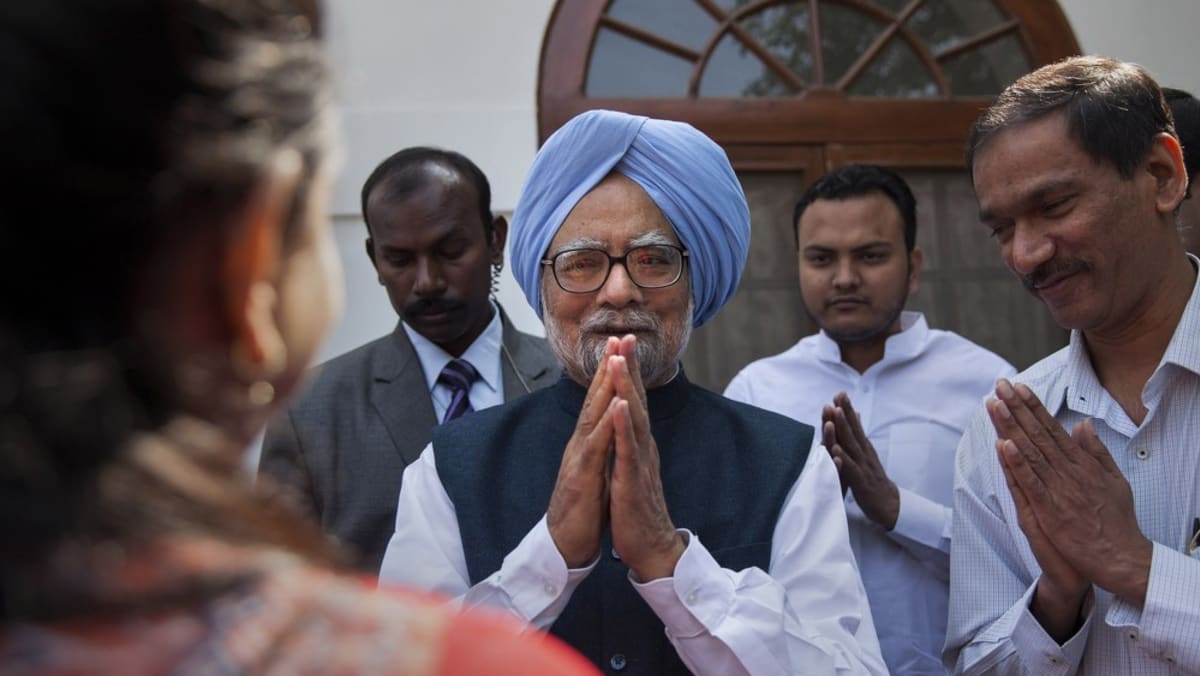While some experts praised the membership and Indonesia president Prabowo’s ‘outward-looking’ approach, others warned that America’s incoming president could consider the archipelago hostile to the US.
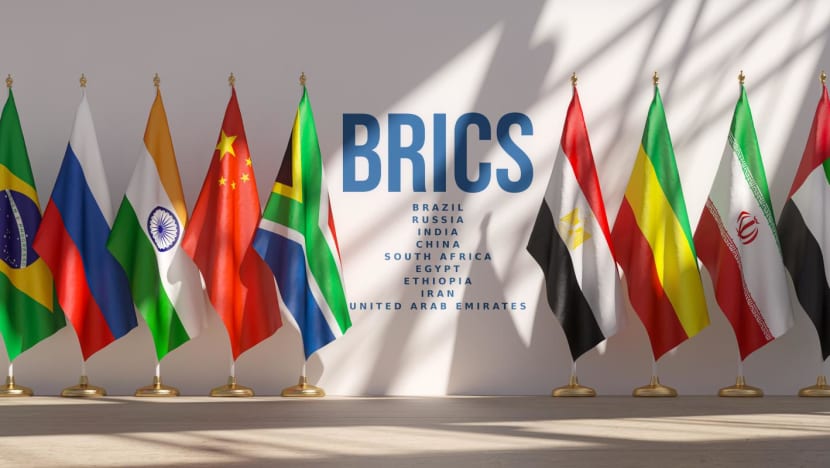
Brazil announced on Monday (Jan 6) that Indonesia has been unanimously approved as a new member. (Photo: iStock)
New: You can now listen to articles.

This audio is generated by an AI tool.
JAKARTA: Indonesia this week marked a significant milestone in its international endeavours, one that is a success for President Prabowo’s ‘outward-looking’ administration, according to some analysts.
Brazil, which currently chairs the intergovernmental organisation BRICS, announced on Monday (Jan 6) that Indonesia has been unanimously approved as a new member.
This follows a decision made during the BRICS Summit in Johannesburg, South Africa, in 2023 to expand the group’s membership.
"Indonesia shares with the other members of the group support for the reform of global governance institutions, and contributes positively to the deepening of cooperation in the Global South," the Brazilian government said.
With the inclusion of Indonesia, the BRICS position will be even stronger, Teuku Rezasyah, lecturer in international relations at Padjadjaran University and President University, told CNA.
“Indonesia is very attractive not only for the BRICS group but also for the non-BRICS group,” Teuku told CNA.
“Indonesia's economy is stable, and the government under Prabowo Subianto has also become more outward-looking,” he added.
While analysts hail this as a success for President Prabowo Subianto's administration, they also caution that Indonesia must remain vigilant about threats previously voiced by Donald Trump, the elected president of the United States, toward BRICS.
Some also stressed that the archipelago should emphasise its non-aligned stance and open economy.
At the Indonesian Foreign Minister's Annual Press Statement event in Jakarta on Friday, Indonesian Foreign Minister Sugiono also acknowledged that there are many who consider Indonesia's decision to join BRICS as a shift from the country's non-aligned stance.
But he emphasised that this is a manifestation of Indonesia's free and active foreign policy, and Indonesia remains firm in its position as a non-aligned country.
“Indonesia will ensure to bridge the interests of developing countries and the Indo-Pacific region and will continue to be active in preventing geo-economic and geopolitical competition from escalating,” Sugiono said.
Indonesia had previously expressed interest in joining BRICS, and its bid got the green light from the bloc in 2023.
It formally applied for membership in 2024, following the formation of President Prabowo Subianto's new administration.
“The Indonesian Ministry of Foreign Affairs expresses its gratitude to Russia, as the 2024 BRICS Chair, for its support and leadership in facilitating Indonesia's entry into BRICS, as well as to Brazil, the 2025 BRICS Chair, for announcing Indonesia's participation,” the Ministry of Foreign Affairs said in a statement on Tuesday.
“This membership results from Indonesia’s active engagement with BRICS over the past few years, including its attendance at the BRICS Summit in Johannesburg in 2023 under South Africa's leadership and the 2024 Summit in Kazan under Russia's chairmanship,” the statement continued.
The ministry said that Indonesia is committed to actively contributing to the BRICS agenda, including promoting economic resilience, technological cooperation, sustainable development, and addressing global challenges such as climate change, food security, and public health.
“BRICS is an important platform for Indonesia to strengthen South-South cooperation, ensuring the voices and aspirations of Global South countries are heard and represented in global decision-making processes,” the ministry said.
“We are fully dedicated to working together with all BRICS members, as well as with other parties, to realise the creation of a just, peaceful, and prosperous world.”
Teuku said that this was Prabowo's “swift achievement” and proof that foreign policy is one of the important priorities in this administration.
“This is Prabowo's swift achievement. Because he has done a deep dive on this issue when he was elected as president. Prabowo travelled a lot, was involved in international forums,” Teuku said.
BRICS, established in 2009, includes Brazil, Russia, India, China, and South Africa as its early members —countries with rapidly growing economies.
Over time, BRICS has attracted interest from other nations, leading to membership expansion. In 2024, new members included Egypt, Ethiopia, Iran, and the United Arab Emirates.
Made up of non-Western countries, BRICS is often perceived to challenge the political and economic dominance of rich and powerful countries in North America and Western Europe.
Not including Indonesia, BRICS member countries have a population of around 3.5 billion or 45 per cent of the global population. Combined, the economies of the BRICS countries account for about 28 per cent of the global economy.
TRUMP'S THREAT TO BRICS
But observers say Indonesia should be wary of US President-elect Donald Trump's threats to BRICS.
In early December last year, Trump threatened to impose tariffs of up to 100 per cent on BRICS member countries if they proceeded with plans to create a new currency to rival the US dollar.
“We require a commitment from these countries that they will neither create a new BRICS currency nor back any other currency to replace the mighty US dollar or they will face 100 per cent tariffs and should expect to say goodbye to selling into the wonderful US economy,” Trump warned on his social media platform Truth Social.
The proposal to create a BRICS currency was put forward by Brazil’s President Luiz Inácio Lula da Silva during the Johannesburg meeting in 2023. However, the proposal has not yet gained full support from all BRICS members.
Professor of International Law from the University of Indonesia Hikmahanto Juwana said that Trump's threat should be a concern for Prabowo.
“This is what we have to be cautious about because later on Jan 20 Trump will be inaugurated, and my concern is that Trump will consider Indonesia hostile to the US,” Hikmahanto told CNA.
“If so, then various privileges, facilities provided by the US so far to Indonesia will be withdrawn.”
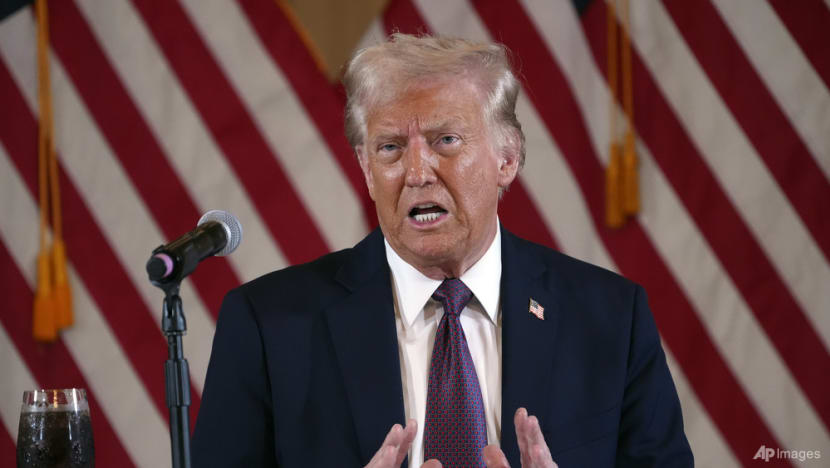 President-elect Donald Trump speaks during a meeting with Republican governors at Mar-a-Lago, Thursday, Jan 9, 2025, in Palm Beach, Fla. (AP Photo/Evan Vucci)
President-elect Donald Trump speaks during a meeting with Republican governors at Mar-a-Lago, Thursday, Jan 9, 2025, in Palm Beach, Fla. (AP Photo/Evan Vucci)
The US is one of Indonesia’s key trading partners, with trade value exceeding US$34.5 billion (559 trillion rupiah) in 2023.
“Indonesia must carefully assess Trump’s stance when he becomes President of the United States and consider the implications of Indonesia joining BRICS,” Hikmahanto added.
The same sentiment was expressed by Akbar Kurnia Putra, an international law expert from Jambi University. He said that Indonesia's membership in BRICS will have an impact on Indonesia's relations with the Western bloc, especially on access to international trade.
“For this reason, a comprehensive understanding and strategic steps are needed for Indonesian policy-makers in utilising the dynamics of international politics that occur,” Akbar said when contacted by CNA.
MAINTAINING A NON-ALIGNED STANCE
Akbar said that membership in BRICS has the potential to limit Indonesia's foreign policy space, especially when it comes to issues with the Western bloc led by the US and the European Union, which are rivals of China and Russia in various matters, from economy to defense.
“Indonesia has significant interests with Western blocs, particularly in market access,” Akbar said.
He warned that Indonesia could face "trade turbulence" with Western blocs if perceived as aligning with Russia or China through BRICS.
“Indonesian trade products will find it difficult to enter the bloc. Especially now that trade disputes between Indonesia and European countries, especially regarding palm oil and nickel products, are still ongoing,” Akbar said.
“This means that Indonesia must be clever and smart to play its role between the two blocs.”
The same concern was expressed by Teuku who said that Indonesia could be perceived as “stepping out of the line of non-aligned countries” by joining BRICS.
For this reason, Teuku said, Indonesia in particular must emphasise its stance to the US that Indonesia's joining BRICS is an embodiment of the country's free and active foreign policy.
“This must be communicated continuously. For example, there is communication to the US that Indonesia's economy remains open. Open for investment, open also for the achievement of a world economic system based on justice and prioritising human rights,” Teuku said.
Free and active politics is Indonesia's guiding principle in international relations. Guided by this principle, Indonesia is free and impartial to certain power blocs and actively contributes to promoting international peace, justice and cooperation.
With this principle, Indonesia became one of the pioneers in the formation of the Non-Aligned Movement in 1961, consisting of more than 100 countries that declared themselves not allied with any major power.
During the current administration, Teuku said that Prabowo wants Indonesia to be a “qualified middle power”.
This middle power, he said, works by building coalitions for practical matters such as development acceleration and world peace.
“It must be conveyed to the US and the EU that Indonesia's entry into BRICS will benefit them too. Because Indonesia will be the first country to oppose if BRICS is directed to become an economic bloc and fight with the US or EU blocs,” Teuku said.


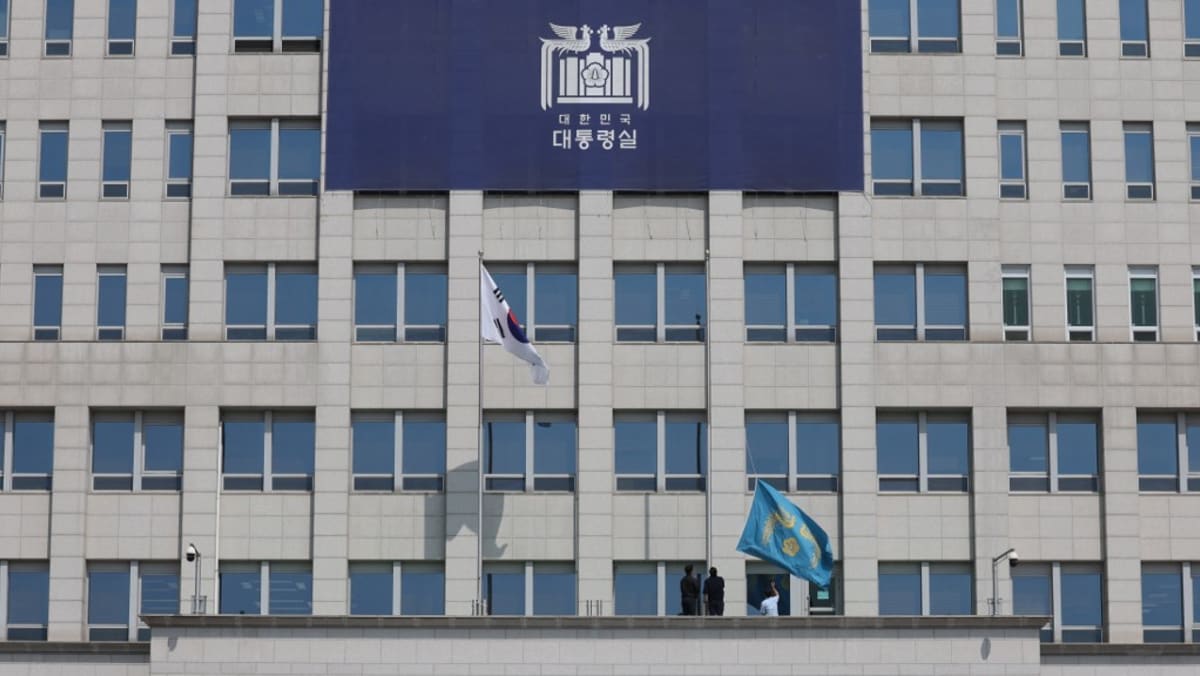
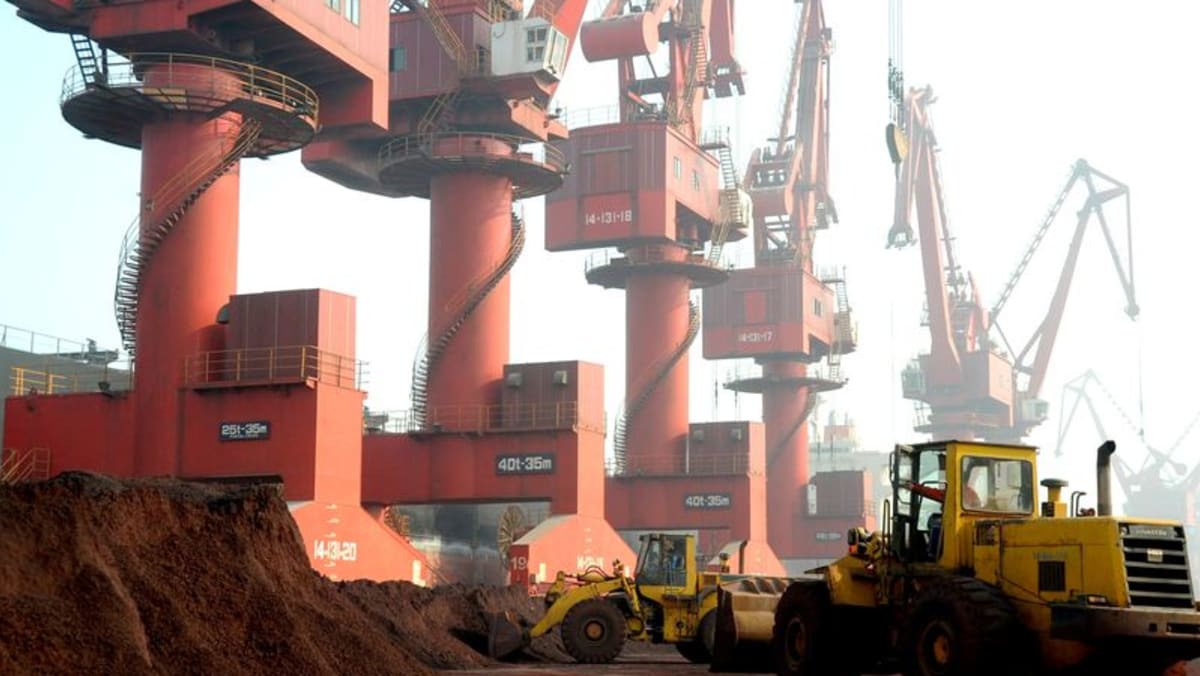

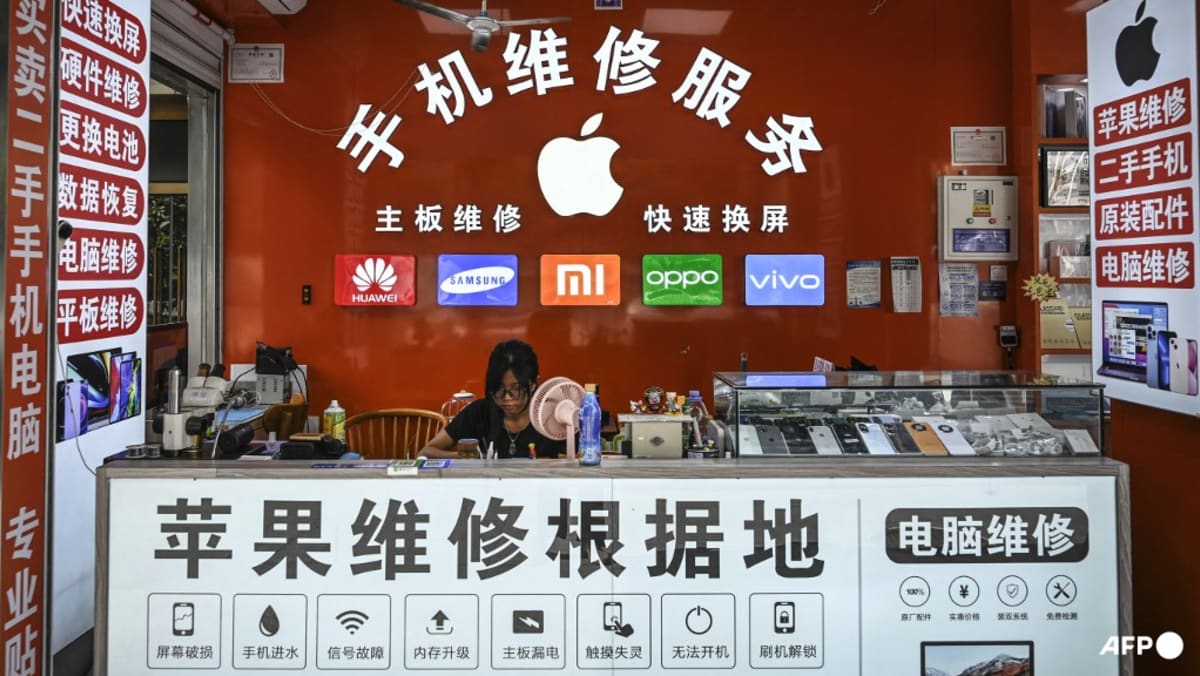


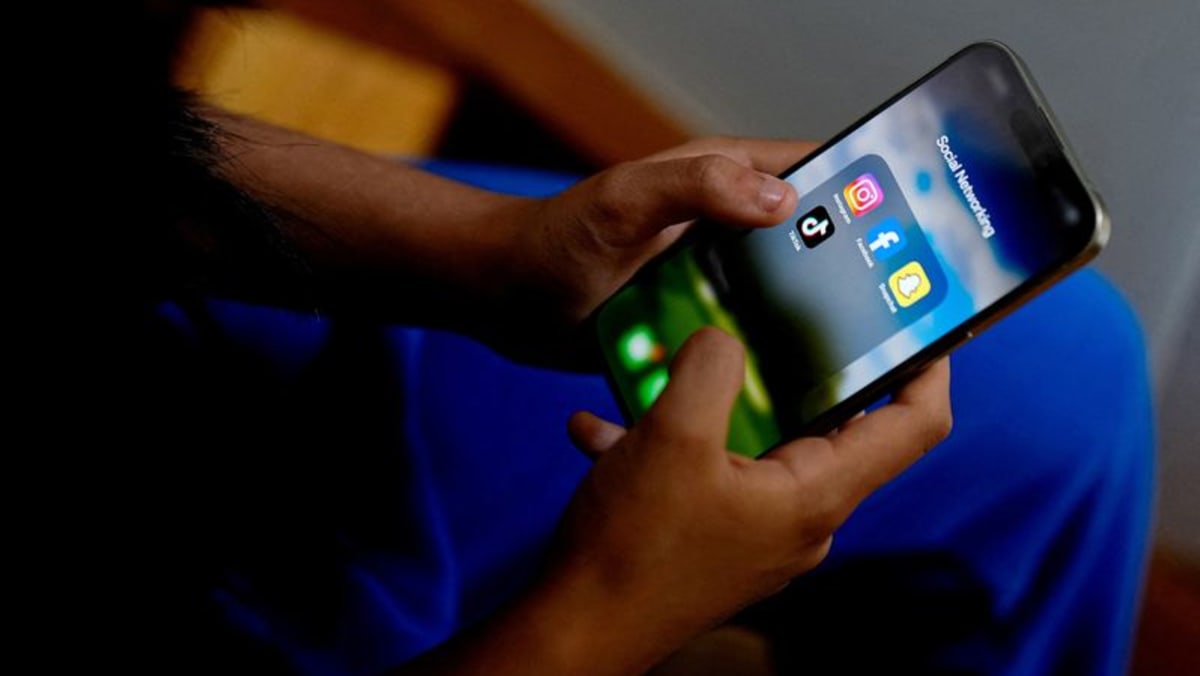
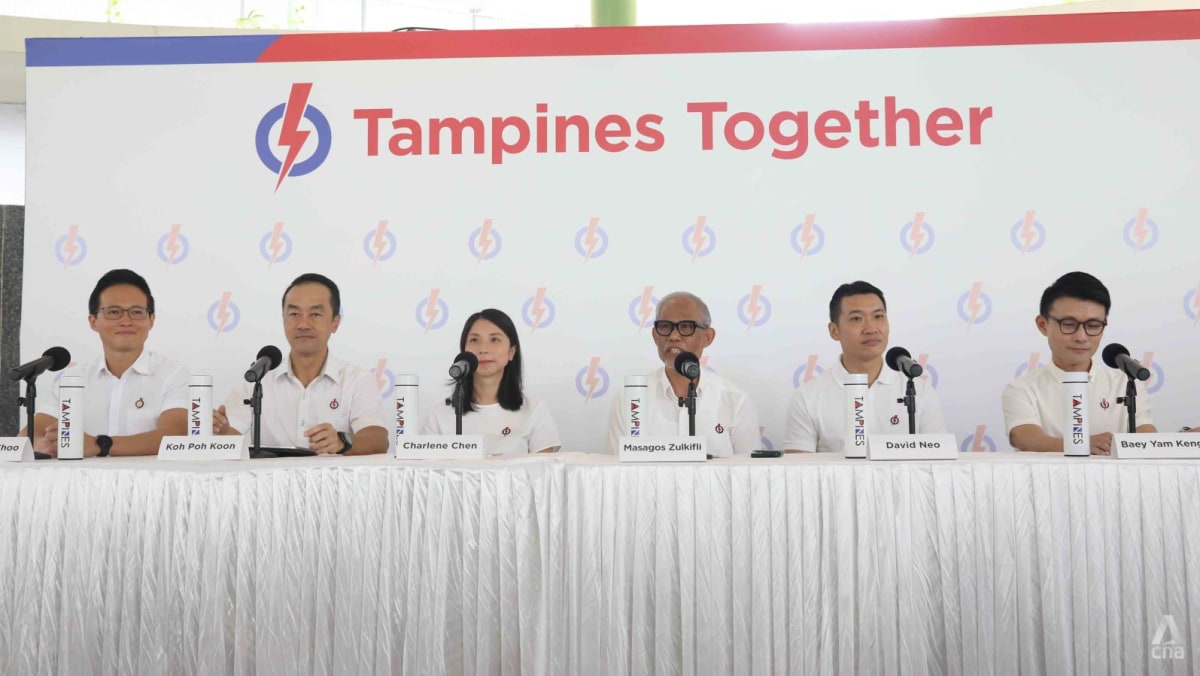
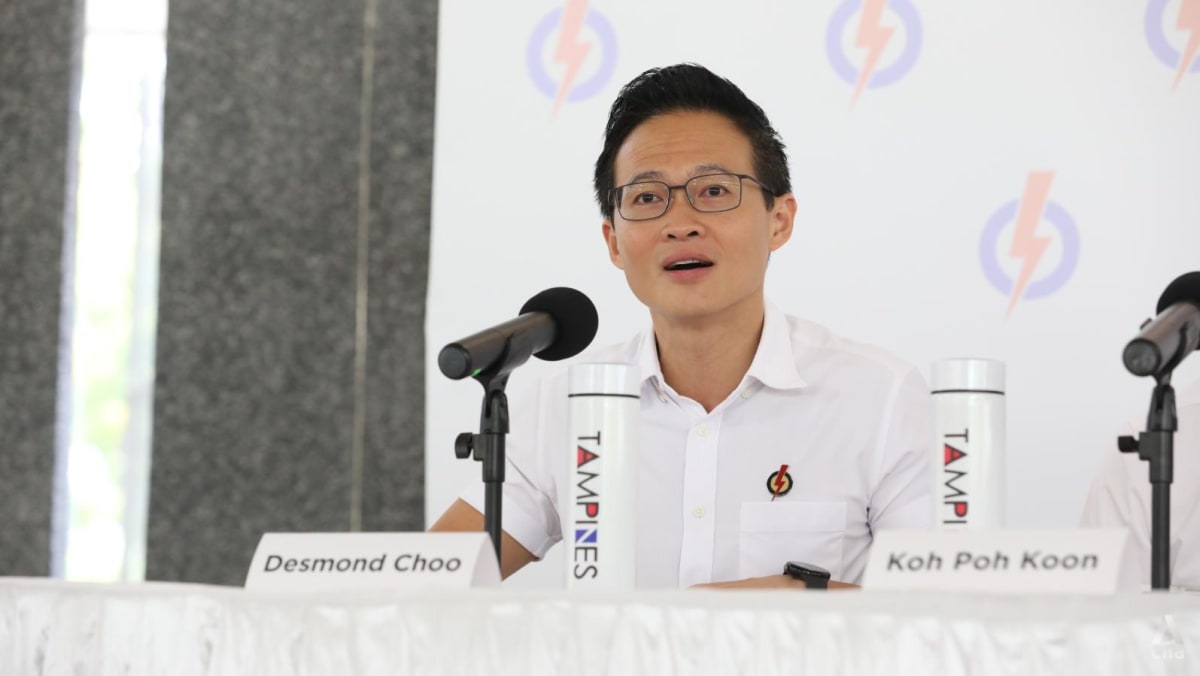
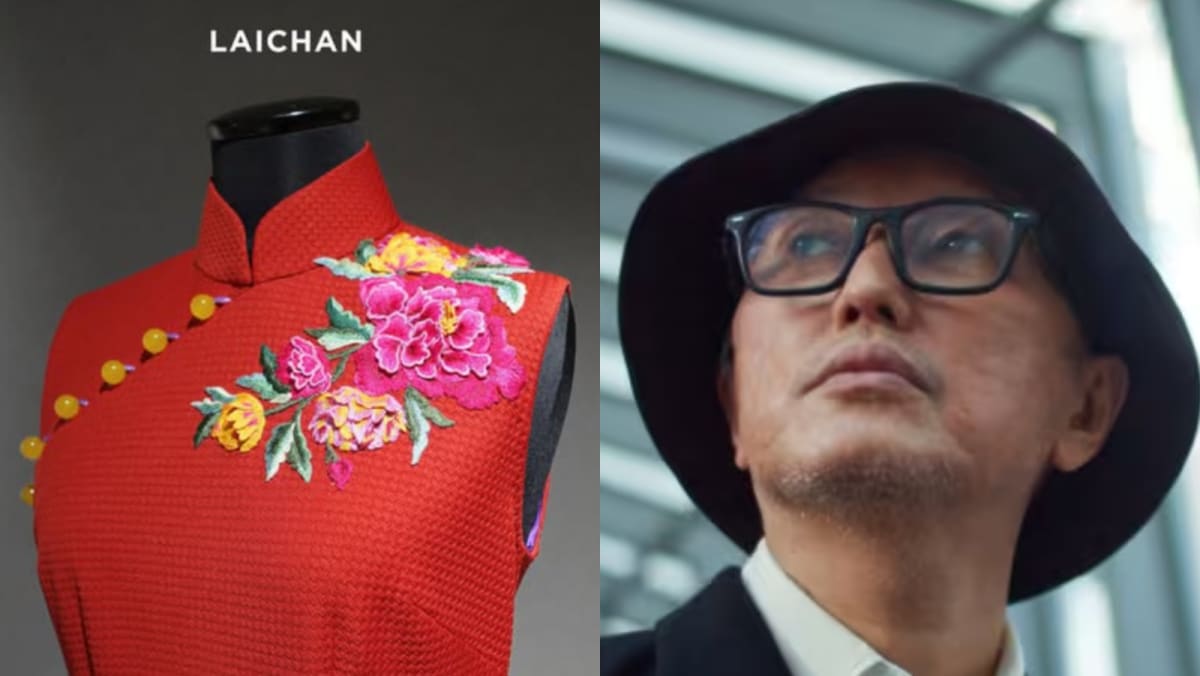
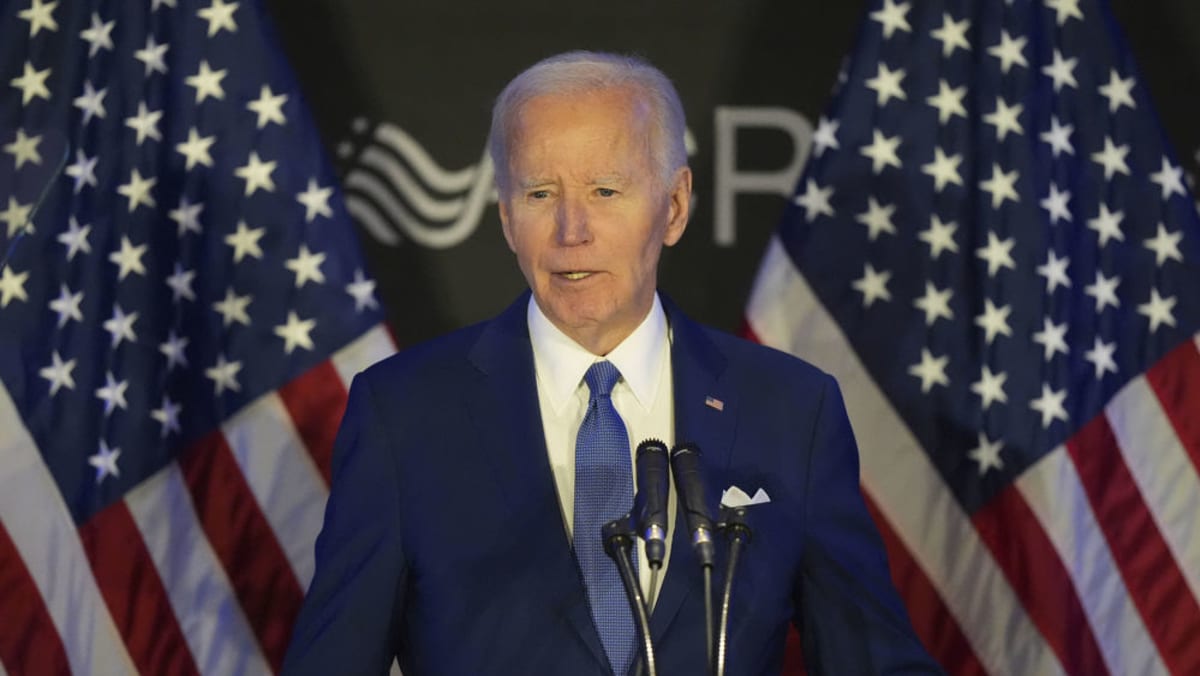
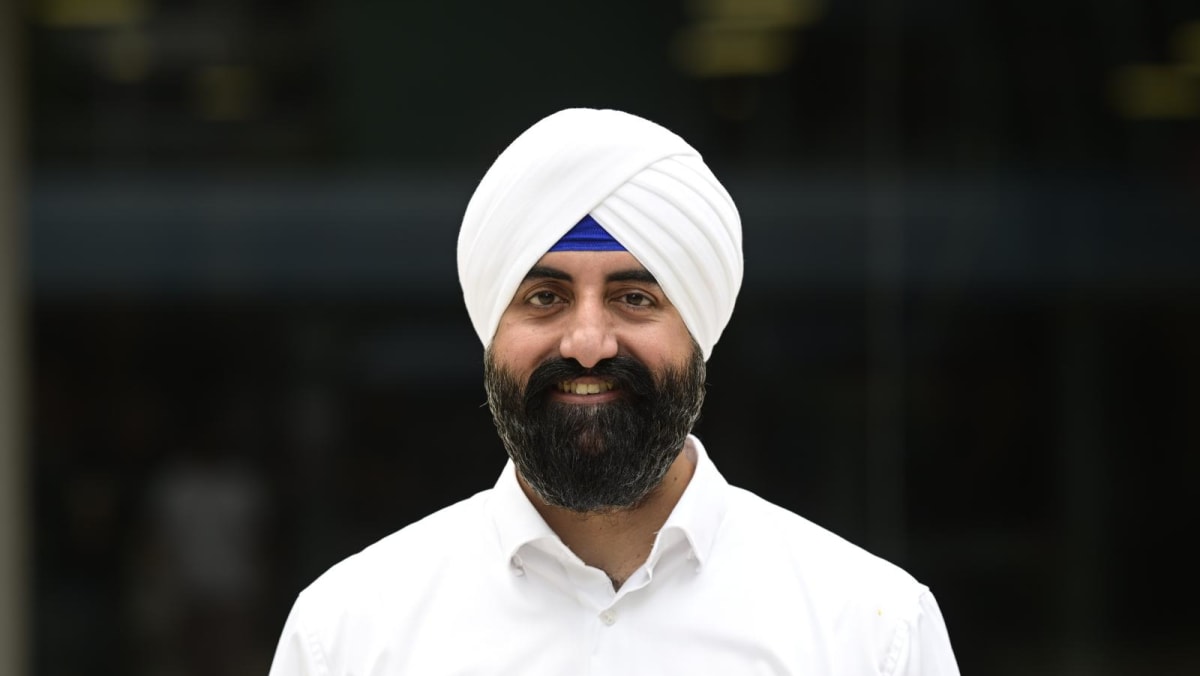
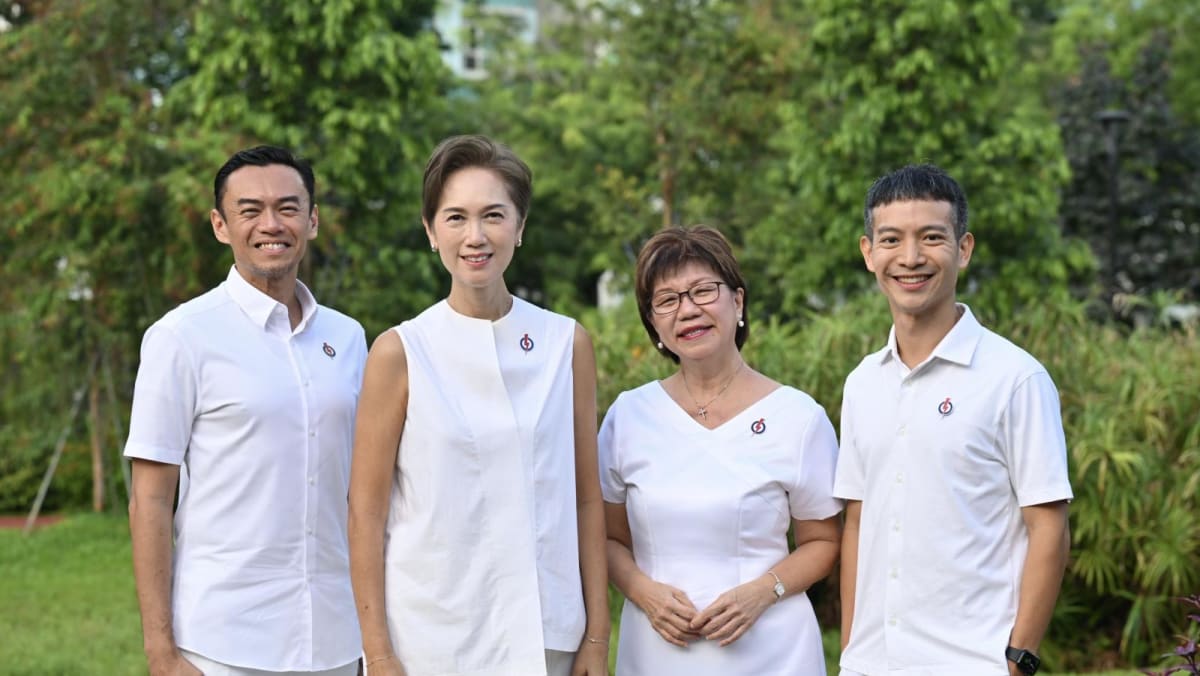
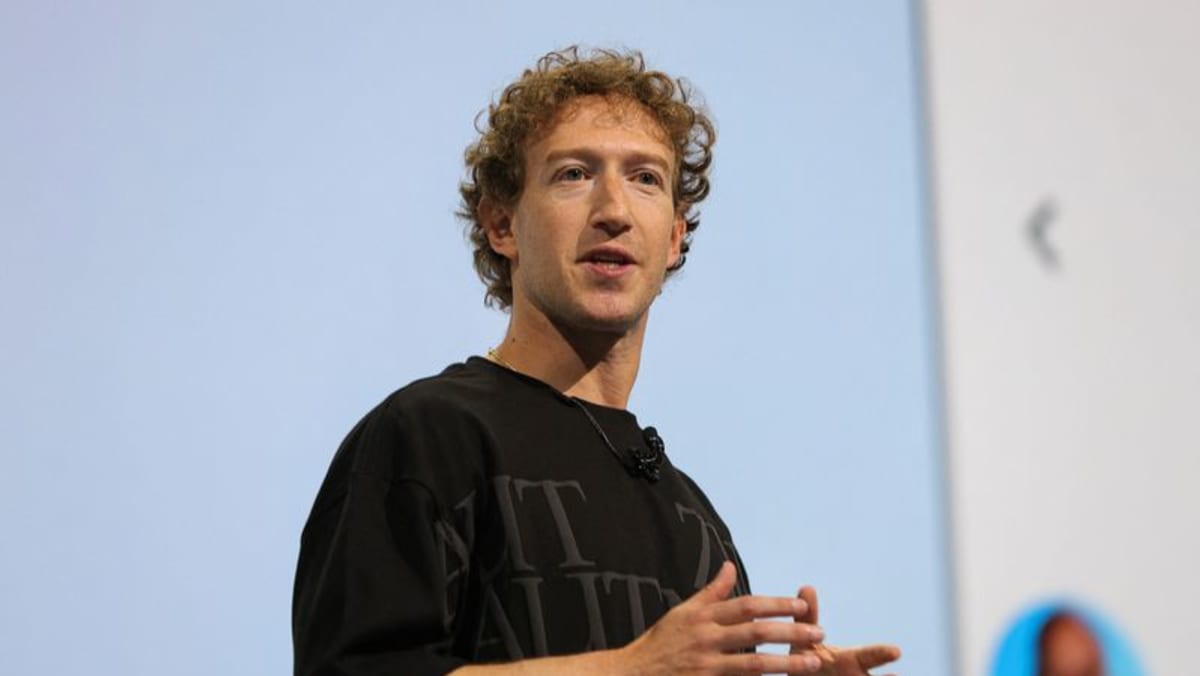

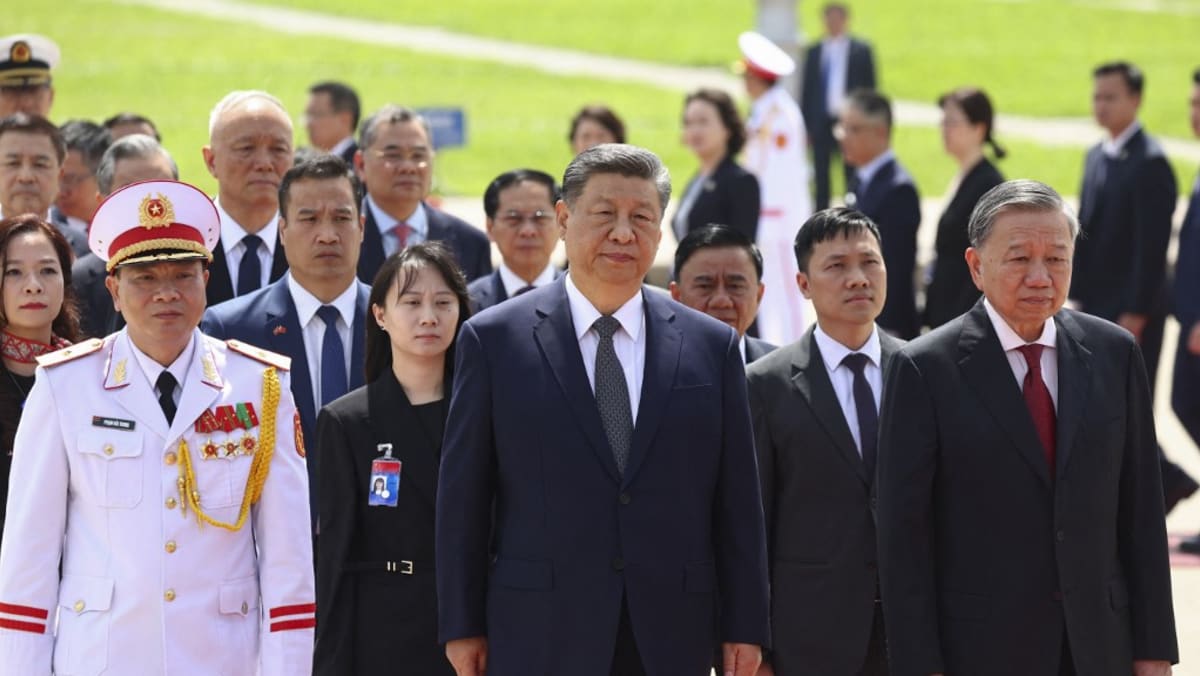
.jpg?itok=Ox6HmVBj)

